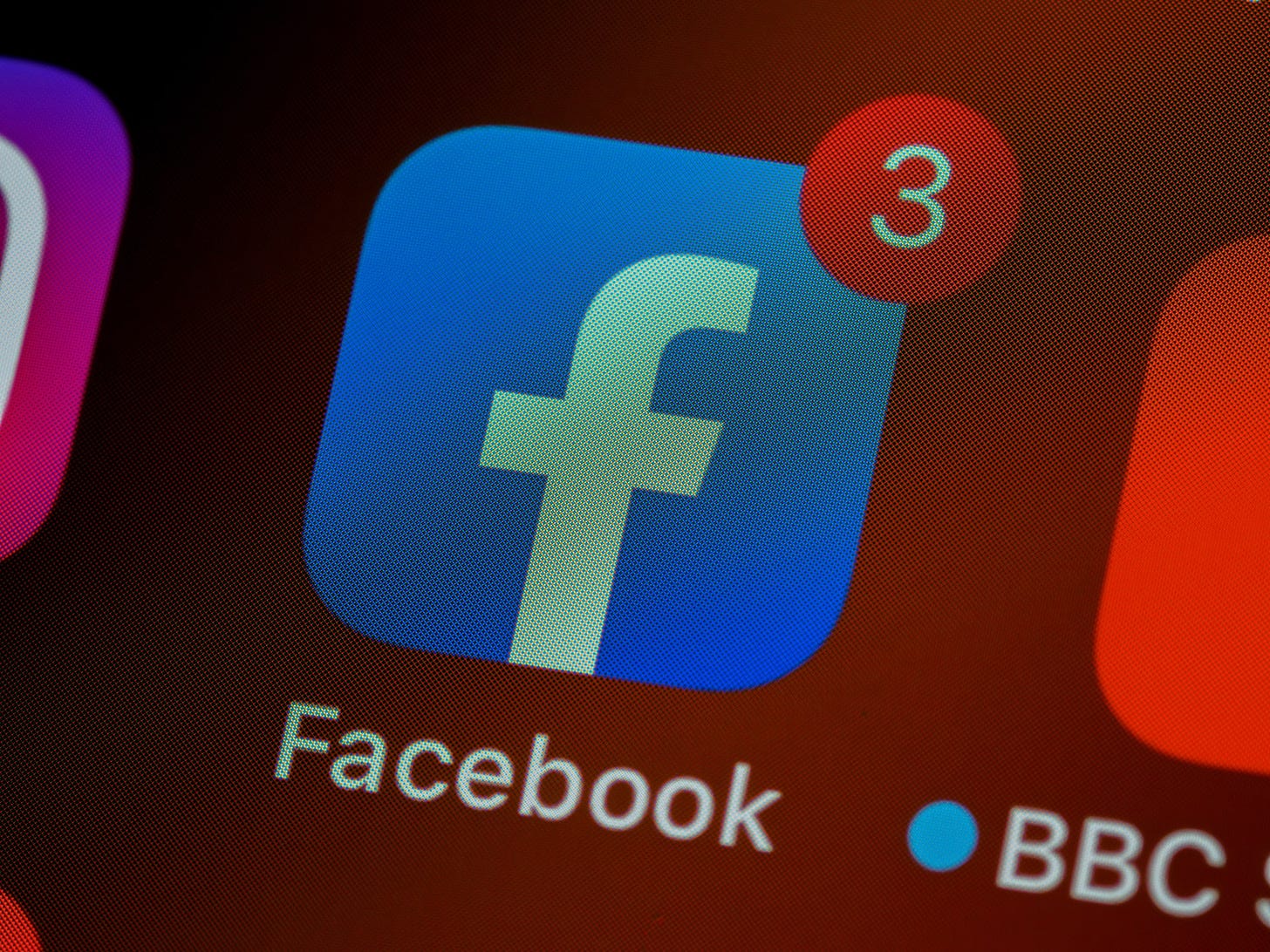Facebook and Twitter have become frequent targets of conservative ire due to their enforcement of community standards in a sometimes uneven manner. President Trump is calling for the repeal of Section 230, the federal law that allows social media platforms to set their own rules for conduct on their sites, but the attorneys general of 46 states and the Federal Trade Commission have taken matters into their own hands with an anti-trust lawsuit against the internet giant.
Interestingly, while many people will assume that the lawsuit has something to do with internet censorship, that is not mentioned in the FTC press release describing the complaint. The lawsuit, which was filed by the FTC and joined by the states, contends that Facebook engaged in “anticompetitive conduct” when it bought rivals WhatsApp and Instagram and imposed conditions upon software developers that disadvantaged other social media companies.
In addition to buying out its competitors, the FTC alleges that Facebook made key application programming interfaces (APIs) available to third-parties “only on the condition that they refrain from developing competing functionalities, and from connecting with or promoting other social networking services.” Facebook then allegedly cut off access to these APIs to hurt competitors. As an example, the FTC says that Facebook turned off the API that would have allowed users of Vine, a Twitter-owned app, to share videos on Facebook.
The FTC press release also lists the 46 states that joined the lawsuit. Absent from the list are Alabama, Georgia, South Carolina, and South Dakota.
Facebook responded to the lawsuit in a blog post that called the FTC’s claims “revisionist history.” The post, which is authored by Jennifer Newstead, Facebook’s Vice President and General Counsel, points out that federal and European regulators reviewed Facebook’s purchases of WhatsApp and Instagram and declined to block both transactions. Newstead called the contractual limits on APIs “standard in the industry” and said that they were used against apps that sought to “unfairly duplicate services Facebook already provided.”
I’m no lawyer (but I play one on the internet), but it seems that the first point made by the FTC would be difficult to prove in court. Since the federal government approved Facebook’s purchases of WhatsApp and Instagram, courts will probably take a dim view of the Trump Administration’s FTC trying to reverse the federal opinion on those sales less than a decade later.
Further, it is difficult to make the case that Facebook is a monopoly when so many other competitors exist. We have seen a mass exodus from Facebook to Parler (and often back again) since the election. In a bit of irony, news of the lawsuit was announced by the FTC through its government account on a major Facebook competitor. There are several other prominent social media companies as well such as LinkedIn and Snapchat.
The second part of the complaint may gain more traction. In its blog post, Facebook brags, “More than 200 million businesses use our free tools and services to connect with customers, hire new employees and grow their businesses.”
This may not be the best defense in an anti-trust suit. Looking back in history, many companies that have lost anti-trust are companies that provided goods or services at a very low cost or without any cost at all. John D. Rockefeller’s Standard Oil was broken up in 1911 because it had almost complete control over the US oil industry, even though it had maintained very low oil prices for decades. In 1998, Microsoft lost an anti-trust lawsuit because it gave away its Internet Explorer web browser for free.
If Facebook loses this lawsuit, the resolution will probably be closer to the outcome of the Microsoft case than the Standard Oil breakup. Facebook might be required to curtail or end its anti-competitive practices and give third-party developers more access to its platform. It might also be required to spin off WhatsApp and Instagram.
An open question is how the Biden Administration will react to the lawsuit. Joe Biden has said in the past that breaking up Facebook is “is something we should take a really hard look at,” per New York Magazine. House Democrats have also investigated the business practices of Big Tech companies and compared them in a report to the “era of oil barons and railroad tycoons.” Antipathy to the social media companies is an area where Trump Republicans might find common ground with the Democrats.
Ironically, Facebook finds common ground with the Trump Administration in the desire for more stringent regulation of the internet. In its blog post, Facebook says, “We have called for new regulation to address” the issues of privacy, elections and “harmful” content “on an industry-wide basis.
Beware the company that asks the government to regulate its industry. They expect to gain an advantage over competitors from the result, not be broken up.
The world might well be better off without Facebook, but I’m doubtful that the company will be disappearing any time soon. Even if the lawsuit continues under the Biden Administration, it will be unlikely to result in the breakup of the social media giant.
In the end, Facebook is a company that people patronize because they want to, not because they are required to. I know people who still somehow survive without a Facebook account in 2020, believe it or not. People who refuse to do business with Facebook won’t starve or lack shelter or medical care. Facebook is luxury, not a necessity, and consumers have a relationship with Facebook because they want to, not because they have to. That seems to be the essence of the free market.
Photo credit: Brett Jordan/unsplash.com



No comments:
Post a Comment